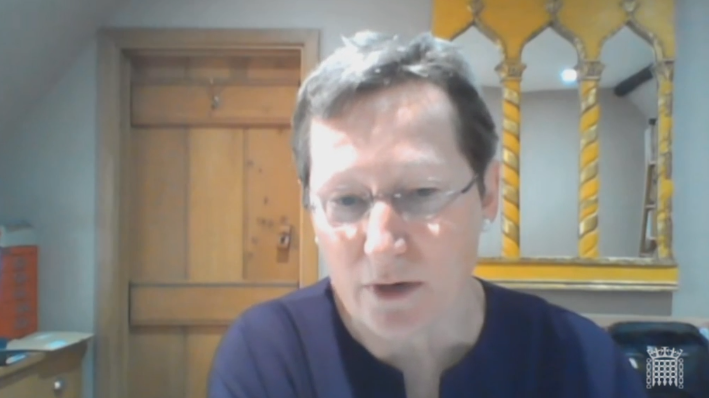On Monday 18 May, University Alliance was invited to give evidence to the Education Select Committee, as part of their inquiry into the impact of covid on education services.
UA’s chair, Professor Debra Humphris, gave an overview of the work Alliance universities are doing to support students and staff during this crisis, including:
- Moving pastoral support online and delivering virtual wellbeing and mental health initiatives and supporting staff to manage the transition to online learning and their workload and wellbeing.
- Raising and diverting enhanced hardship funds to support students facing financial difficulty, providing learners with IT equipment, applying mitigating circumstances and introducing no detriment policies.
- Moving widening participation outreach online and developing transition programmes to support incoming learners who have had extended periods away from support.
- Finding creative ways to move teaching and learning online, and preparing for the coming year in adapting delivery models, particularly overcoming challenges with delivering practice-based and vocational learning to continue delivering the essential supply-line of graduates for professions.
- Releasing students from their final term of rent obligations (and Debra asked the committee for support with seeking the same approach from third party private providers and landlords).
Highlighting the contribution UA communities have been making to the front-line efforts against covid, Debra noted that UA members stand ready to play a crucial role in the social and economic recovery from covid, especially as higher technical education at UA universities will play a pivotal role in re-skilling and re-training efforts at a local, regional and national level.
Debra raised with the committee that the ability for UA members to continue serving their communities and supporting any recovery efforts post-covid will be dependent on a number of things:
- Mitigation for the significant financial challenges universities are likely to face, through a financial underwriting based on current projections
- Clear guidance from the Government, under the auspices of Public Health England, about how universities can safely return and inclusion of universities in the government’s recovery planning.
- A more joined-up approach to delivering higher technical education and a renewal of existing FE/HE partnerships within the education ecosystem, whilst avoiding any major restructuring or reorganising of the sector.
Watch the session here




